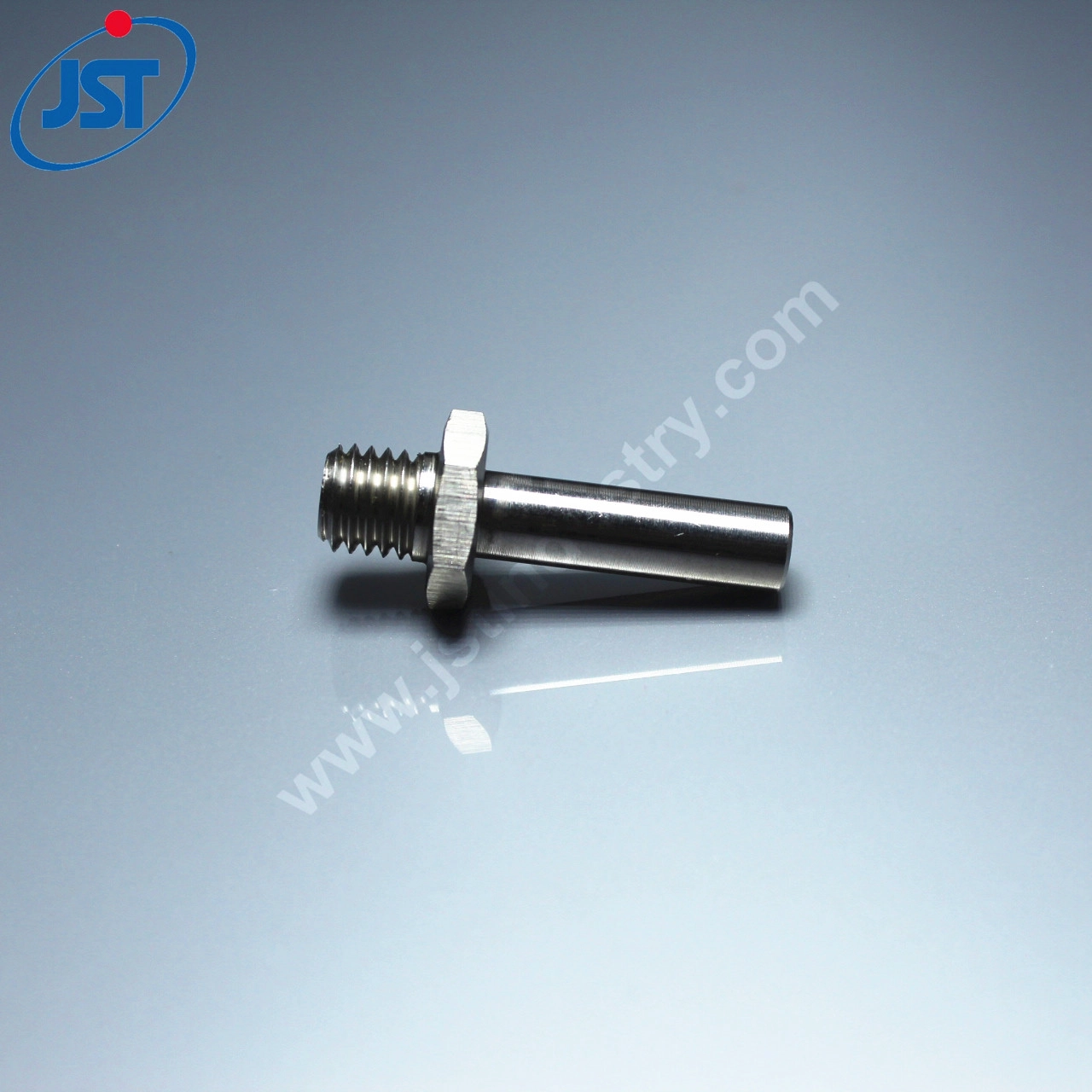
What industries use CNC-turned parts and what materials are typically used in CNC-turned machining?
Aerospace parts
In the aerospace field, the accuracy and reliability of CNC turning technology are indispensable. CNC turning parts, such as turbine engine blades, require extremely high precision to ensure efficient and stable engine operation. In addition, the CNC turning parts of the fuselage skin and wings are also carefully processed to ensure structural strength and aerodynamic optimization.
Auto parts
The automotive industry’s reliance on CNC turning is equally significant. Whether it is the precision machining of engine cylinders or the precise meshing of transmission gears, CNC turning parts can ensure the high quality and consistency of parts. The processing of key components such as bearings also relies on the accuracy of CNC turning to ensure the reliability and durability of the car under various driving conditions.
Electronic equipment components
In the electronics industry, CNC turning is widely used. CNC turning can process CNC turning parts of conductive and non-conductive metals, as well as various plastic materials, providing the possibility for the production of electronic equipment components such as circuit boards, semiconductor components and radiators. The precise size and shape of these components is critical to the performance of electronic devices.
Complex parts processing
For those complex geometric parts with multiple curved surfaces, bevels, holes and grooves, CNC turning has demonstrated its powerful processing capabilities. Whether it is micro CNC turning parts in precision instruments or complex components in large machinery, CNC turning can easily handle it.
Mold making
In the field of mold manufacturing, the advantages of CNC turning processing are particularly prominent. It can manufacture mold parts with complex shapes and extremely high precision requirements, such as stamping molds and injection molds. The accuracy of these CNC turning parts directly affects the quality and production efficiency of the final product.
Common used materials in CNC turning
Aluminum Alloy
Aluminum alloys are widely used in CNC turning due to their light weight, high strength and good corrosion resistance. These properties make aluminum alloys ideal for CNC turning parts in industries such as aerospace, automotive and consumer goods.
Stainless Steel
Often, stainless steel is applied in the CNC turning technique. This is because it is lightweight and possesses a high degree of strength. In addition to these properties, stainless steel also has phenomenal corrosion resistance; those features make it so useful for CNC turning parts employed by sectors such as aerospace or automobiles or even consumer goods. The corrosion resistance and strength of stainless steel make it one of the favorite materials for CNC turning. CNC turning parts are parts that are used widely in sectors like medical devices, aerospace, and automotive. All these are made using CNC turning.
Brass
Brass has good machinability and corrosion resistance, so it is often used in CNC turning for parts such as decorative items, musical instruments, and plumbing fixtures.
Plastics
Plastics are commonly applied for CNC turnings to such components as housings for electronic products. The vast choice of materials and colors meets the design needs of different products.
Composites
Composite materials are used for CNC turning in special applications where high-strength lightweight structural components are needed. The properties of such materials enable the parts to be used in extreme environmental performance conditions.
More info please click CNC Turning Service.










